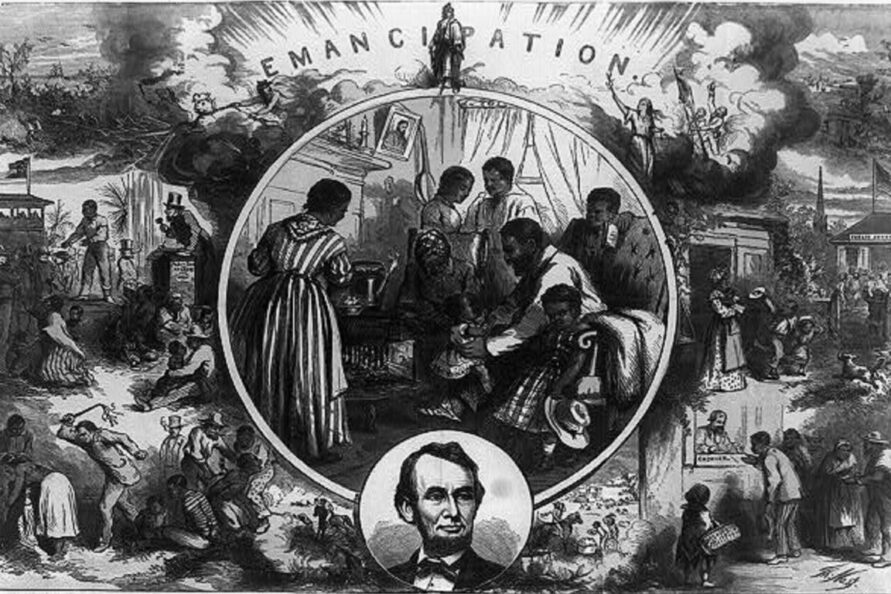Historical Milestone: Abolition of Slavery in Washington, D.C.
On February 2, 1862, a pivotal moment in American history occurred when Congress moved to abolish slavery in the District of Columbia. This significant legislative action represented not just a local change, but a building block toward the eventual nationwide abolition of slavery in the United States. As the nation grappled with the Civil War, this decision illuminated the growing momentum for a fundamental shift in societal values regarding human rights and freedom.
Abolitionist Pressure and Legislative Action
The drive for abolition in Washington, D.C., was significantly influenced by the Civil War, which had ignited fierce debates about slavery’s morality and legality. Abolitionist and Massachusetts Senator Charles Sumner notably confronted President Abraham Lincoln, highlighting the contradiction in Lincoln’s position as the head of a government that still permitted slavery. Sumner’s remarks underscored that, under the U.S. Constitution, Congress held exclusive authority over the federal district, which included oversight of slavery.
In 1862, amid the shifting tides of public opinion, Senator Henry Wilson of Massachusetts introduced a bill aimed at abolishing slavery in D.C. The bill garnered significant support despite considerable resistance from pro-slavery factions. Ultimately, the Senate approved it on April 3, 1862, with a vote of 29 to 14. The House of Representatives followed suit, passing the measure on April 12, 1862. President Lincoln signed the bill into law just a few days later, on April 16, 1862.
The Legislative Details and Impact
Officially named “An Act for the Release of Certain Persons Held to Service or Labor in the District of Columbia,” the law freed approximately 3,100 enslaved individuals residing in the nation’s capital. Although the act marked a historic shift towards freedom, it also included provisions to compensate former slave owners, offering up to $300 per enslaved person. Furthermore, newly liberated African Americans were presented with the choice of receiving up to $100 if they decided to emigrate to another country.
The abolition of slavery in D.C. was a crucial precursor to the Emancipation Proclamation, which Lincoln would issue less than a year later on January 1, 1863. This earlier legislative victory was indicative of a growing recognition that change was not only possible but inevitable within the United States.
Reflection on Black History Month
As society commemorates Black History Month, it is essential to reflect on the courageous efforts of individuals and lawmakers who contributed to this landmark moment in American history. Their actions not only liberated thousands but also served as a powerful affirmation of the country’s potential for moral and ethical progress. The abolition of slavery in D.C. stands as a testament to the ongoing journey toward justice and equality, highlighting the challenges that remain.
This historical event serves as a reminder of the critical discourse surrounding freedom and civil rights that continues to resonate today. Understanding this context is essential for appreciating the current struggles for equity and the importance of advocating for justice in our communities.









